Food processing procedures at the canteen of Hoi Hop B Kindergarten (Vinh Yen) are closely monitored. Photo: Duong Chung
Identifying food safety as one of the important tasks in public health care, the Food Safety Action Month 2025 focuses on key inspections of high-risk food items; small-scale food production and trading establishments, street food; establishments providing ready-to-eat meals, collective kitchens in industrial parks, schools, hospitals, etc.
Interdisciplinary inspection teams from the province to the grassroots level will conduct inspections before, during and after the Action Month. They will focus on checking food safety and hygiene conditions at production and business establishments; the implementation of traceability, product labeling, and food preservation; and resolutely handle establishments that do not ensure operating conditions.
According to statistics from the Provincial Interdisciplinary Steering Committee on Food Safety, in 2024, the Health sector and the People's Committees of districts and cities inspected and supervised more than 3,700 establishments, of which nearly 3,400 establishments met the requirements (accounting for more than 91%); 332 establishments still had some violations that did not meet the requirements; 172 establishments were warned; 2 establishments were fined more than 41 million VND.
The Department of Agriculture has organized interdisciplinary, specialized inspections and post-inspections on food safety for 260 agricultural, forestry and fishery production and trading establishments; administratively sanctioned 6 enterprises and establishments for food safety violations with a total fine of more than 27 million VND; collected 70 food samples for post-inspection of food safety indicators according to self-declared records, with the results of 70/70 samples meeting regulations; collected 9 food samples for food safety quality testing during interdisciplinary food safety inspections.
The test results of 9/9 samples met the regulations; more than 1,600 samples were taken for quantitative analysis, food safety indicators were analyzed, of which 7 samples of ham and sausage did not meet the regulations, with microbiological indicators (E.Coli) and phosphate additive residues exceeding the permissible limit; more than 1,900 samples were taken for quick testing (900 ham and sausage samples were quickly tested for borax; 810 samples of vegetables and fruits were quickly tested for pesticide residues and 100 samples of pickled vegetables were tested for salicylic residues, 100 samples of raw seafood were tested for Foocmon and Urea, with 100% of the samples being negative.
The Industry and Trade sector has inspected more than 750 cases, handled 43 administrative violations with a total value of infringing goods of nearly 535 million VND, paid more than 438 million VND to the State budget; transferred 5 cases of food production with signs of criminal offenses to the police investigation agency.
The provincial police have detected and handled 320 cases of violations of the law in the field of food safety; administratively sanctioned 317 cases with a total fine of more than 943 million VND, forced the destruction of more than 12,800 kg of animals, animal products of unknown origin, not ensuring veterinary hygiene, food safety and 30 kg of medicinal herbs; forced re-quarantine of 2,150 kg of animals without veterinary quarantine certificates as prescribed; prosecuted 3 cases with 4 defendants related to food safety.
In addition to inspection work, units and localities have promoted propaganda and dissemination of legal knowledge on food safety through media, social networks, conferences, seminars, leaflet distribution, banners, billboards, etc. to help people raise awareness and form habits of consuming safe food.
However, food safety assurance still faces many difficulties. The number of small, unlicensed establishments without food safety certificates is still common. Inspection resources are still limited, testing equipment is lacking and outdated, making monitoring not really synchronized.
The awareness of some producers and traders is still low, they are willing to use raw materials of unknown origin and banned chemicals to increase profits. Some consumers are still subjective, lack the skills to recognize safe food, and are easily fooled by cheap prices or attractive appearance. This is the loophole that allows unsafe food to still exist and circulate.
The Food Safety Action Month 2025 is not only a peak inspection period, but also an opportunity for the whole society to act together to build a safe and sustainable food environment. The active participation of authorities at all levels, businesses, social organizations and individuals is a prerequisite for creating changes in awareness and action.
Besides, it is necessary to continue to improve legal institutions, improve management effectiveness, strengthen post-inspection, encourage clean production models, and invest in modern processing technology.
In particular, it is necessary to promote the application of information technology in monitoring and tracing the origin of food, contributing to improving transparency in the supply chain, helping consumers choose safe food, and at the same time supporting authorities to promptly detect and handle incidents when they occur.
Food safety is an issue directly related to the health and quality of life of each citizen. Ensuring clean food is not only the responsibility of the authorities, but also requires the conscience of the producer, the kindness in business and the smart choice of the consumer. When everyone works together, safe food will no longer be a slogan but will be present in every family's daily meals.
Minh Nguyet
Source: http://baovinhphuc.com.vn/tin-tuc/Id/127090/Tang-cuong-kiem-tra-dam-bao-an-toan-thuc-pham


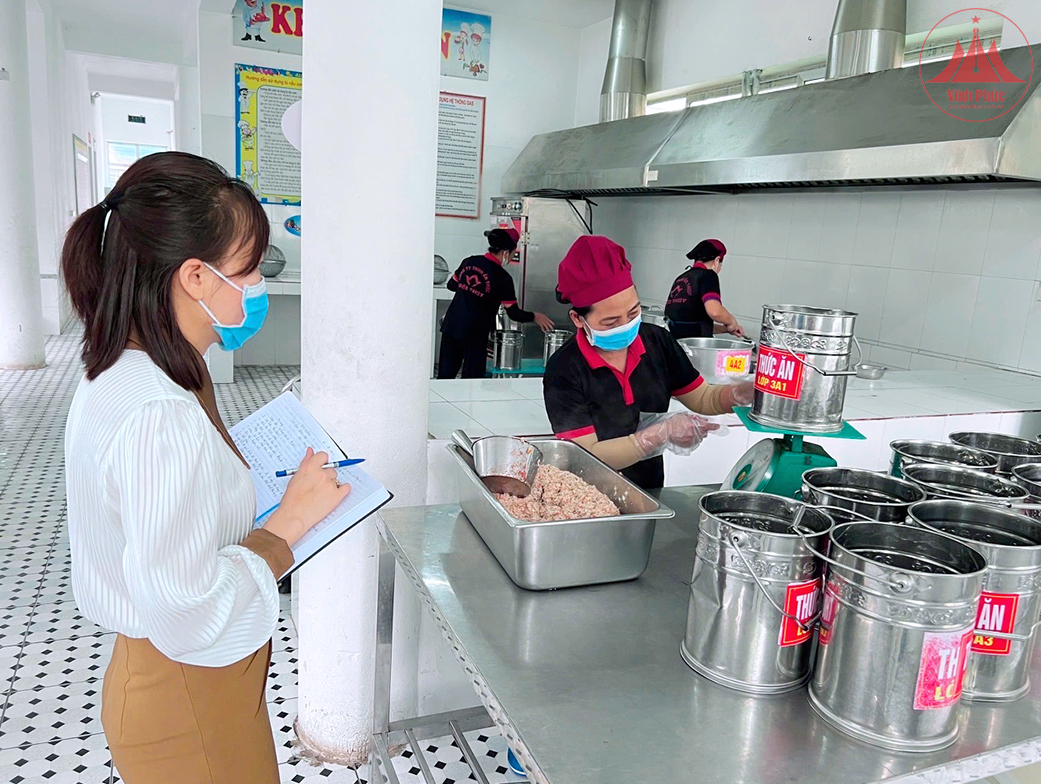

![[Photo] Prime Minister Pham Minh Chinh meets with Hungarian President Sulyok Tamas](https://vphoto.vietnam.vn/thumb/1200x675/vietnam/resource/IMAGE/2025/5/29/dbcaa73e92ea4448a03fe1d0de6d68e8)
![[Photo] Vietnamese and Hungarian leaders attend the opening of the exhibition by photographer Bozoky Dezso](https://vphoto.vietnam.vn/thumb/1200x675/vietnam/resource/IMAGE/2025/5/29/94d8ceca5db14af3bf31285551ae4bb3)

![[Photo] Prime Minister Pham Minh Chinh receives a bipartisan delegation of US House of Representatives](https://vphoto.vietnam.vn/thumb/1200x675/vietnam/resource/IMAGE/2025/5/28/468e61546b664d3f98dc75f6a3c2c880)

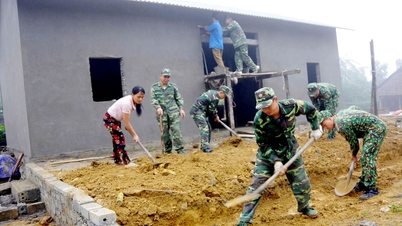



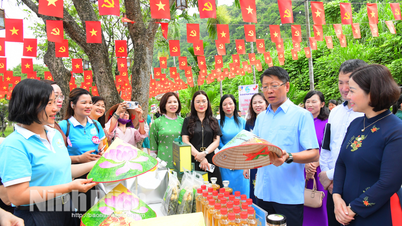

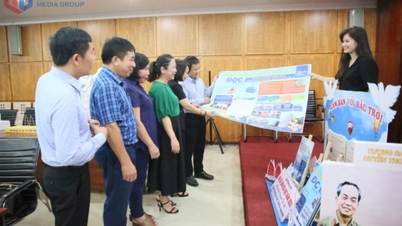



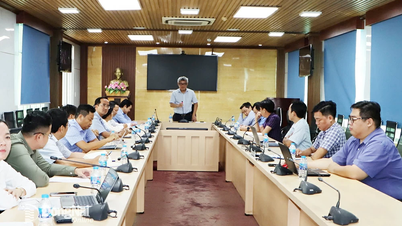







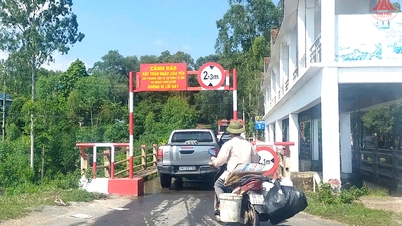
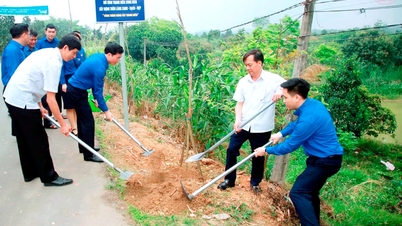
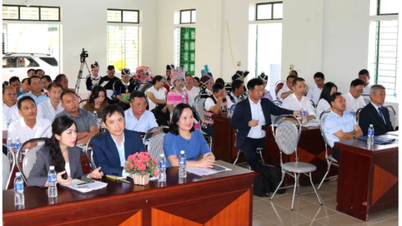
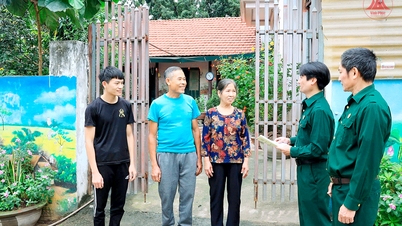

























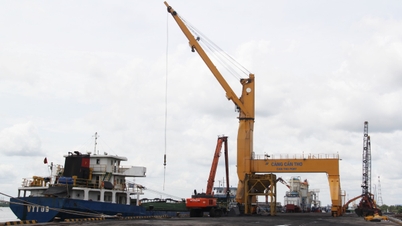

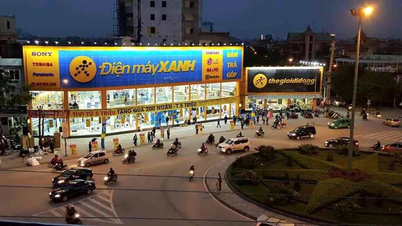
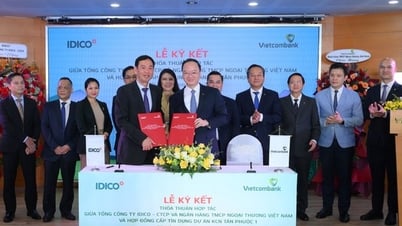











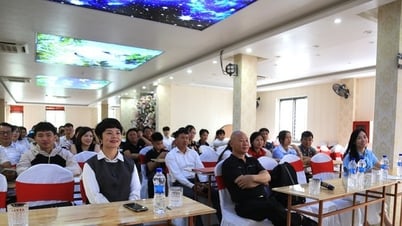

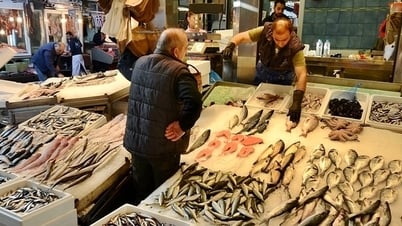

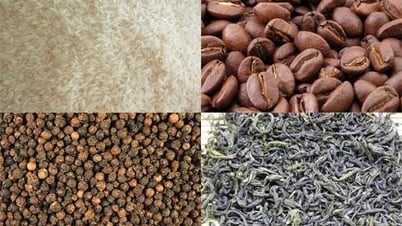




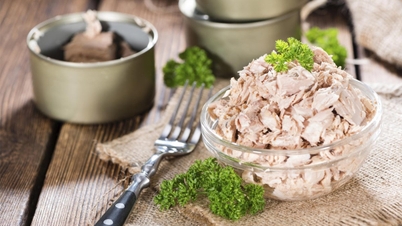










Comment (0)